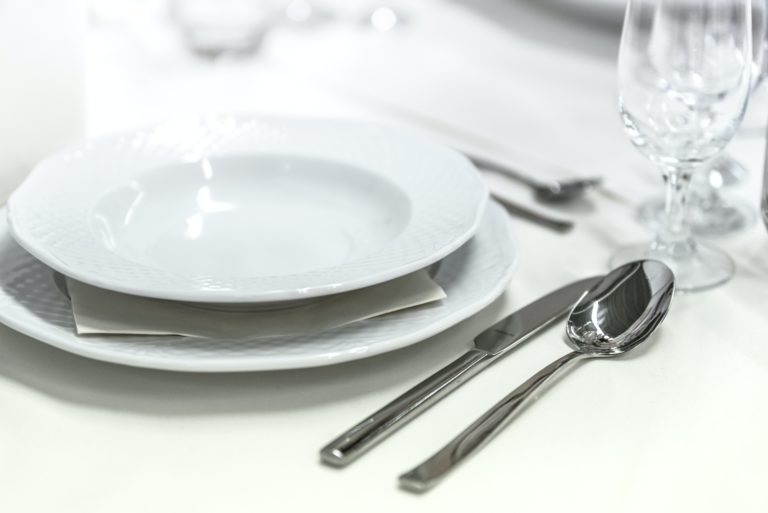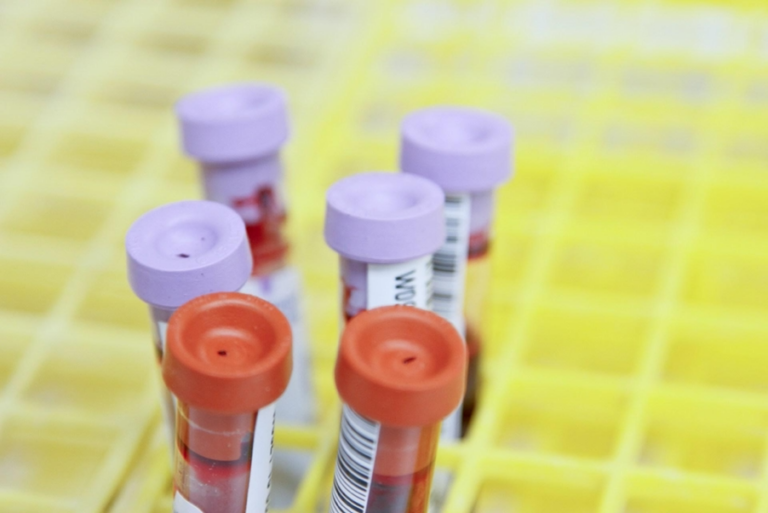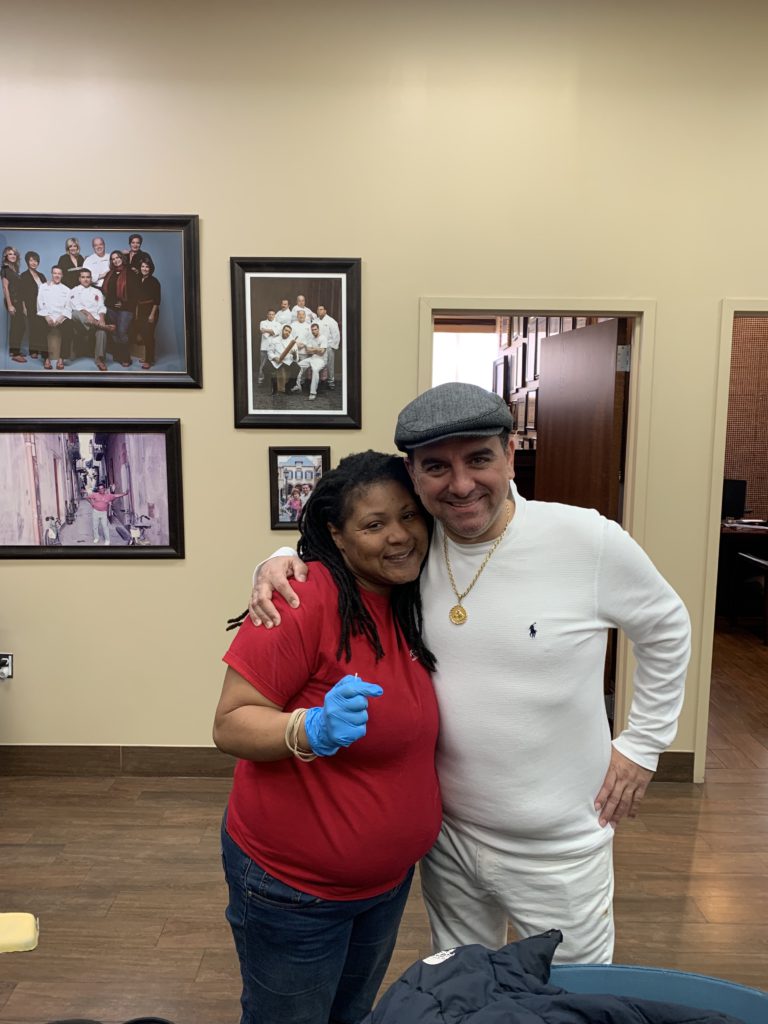
When your doctor orders you to have blood drawn for routine tests or diagnostic procedures, it doesn’t feel like routine to every patient. Blood draws incorporate two prevalent fears – hemophobia (fear of blood) and trypanophobia (fear of needles) – into one uncomfortable situation. Some people also may be afraid of feeling lightheaded or may even have iatrophobia, which is the extreme fear of medical tests in general.
Regardless of why you have a fear of blood draws, it can be crippling when you need tests to qualify for medication, for your doctor’s services, or to diagnose your symptoms. Continue reading to learn about what you can do to make the experience more emotionally possible for you so you can get your blood work over with and continue getting the medical help you need.
How to Work Through a Fear of Blood Draws: A 5-Step Plan
No matter what specific aspect of blood draws makes you afraid (you may not even be sure yourself), this 5-step plan can help you prepare for, endure, and recover from the trying experience of your test.
Step 1: Hydrate
Many people get nervous before blood tests because it makes them feel faint and fatigued. Eventually, with repeated tests, patients can develop anxiety about that faint feeling associated with blood tests. This anxiety then makes them prepare less for the test, refraining from eating and drinking that day.
However, drinking water is more important than ever on the day of your blood test. Drinking water during the hour before your test (at least a pint will do) reduces your chance of getting that lightheaded feeling. Hydration also makes your veins more prominent, which will help your test go more smoothly.
Step 2: Breathe the Right Way
Anxiety over a blood test, much like anxiety in any trying circumstance, can be reduced by learning to breathe the right way. In tense situations, our bodies tell us to breathe more shallowly to keep up with our heart’s increased output (this is a symptom of “fight or flight”). As a result, our heart beats faster, and we feel stressed.
To counteract this natural impulse, take long, deep breaths as often as you can on the day of your test. Focus on breathing down and into your belly rather than up and into your chest to try and convince your nervous system to calm down.
Step 3: Eat, if Possible
Many blood tests, such as a fasting glucose test or lipid panel, may require you to refrain from eating on the day of your test. However, if you do not have that restriction, stress should not prevent you from eating, since hunger will only increase your stress response.
Even if you’re not allowed to eat before the test, bring something sweet and filling to your blood test to eat on your way out. This will help calm you down and further prevent that faint feeling.
Step 4: Distract Yourself
There’s nothing worse than being stressed for a blood test whilst waiting to be seen. Hopefully, you can get in and out quickly (schedule your test as early in the morning as you can to reduce the chance of a long wait). But if you have to wait, bring something to distract you from the stress. This could be a phone so you can watch videos and text friends, a good book, or a music device you can pop in and listen to while you wait.
If you forget all these things, meditating while you wait can be helpful. Close your eyes, breathe deeply, and do what’s called a “body scan” where you think about sensations in each part of your body separately to take your mind off a stressful situation.
Step 5: Talk to Someone
Talking to someone can be very therapeutic. It can even make your fears seem less significant by verbalizing them. Just knowing that someone understands and cares about you can do wonders for stress.
However, you don’t have to limit the talking to your friends and family. Talking to the phlebotomist, the health care professional who will be drawing your blood, can help ease your fears. They are likely someone who has worked with hundreds of nervous patients with similar fears. Knowing they understand, being reassured by them, and having that chance to calm down before the test can help you overcome your fear.
The Takeaway
Whether you fear the pain of the test, its physical effects, the sight of blood, or more, there are ways to mitigate stress and confidently tackle this test. Follow this 5-step advice to calm yourself pre-test, reassure yourself as it happens, and recover from the ordeal after the fact. You can start the process of overcoming your fear right away – when your doctor orders your test, talk to them. Chances are, they’ll be understanding enough to offer their own advice on what you can do to feel better.
Speedy Sticks is a mobile concierge phlebotomy service that provides at-home blood work and on-site diagnostic/health screenings for businesses and individuals. Book an appointment today.
*This content is for informational purposes only and is not meant to replace consulting with a healthcare professional. Please consult with your primary care physician or healthcare provider before engaging in any services offered by Speedy Sticks.





